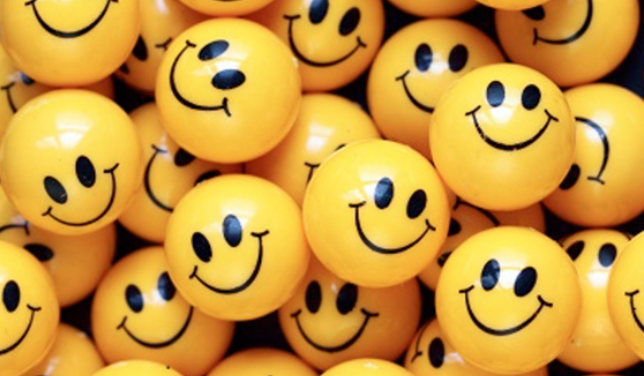Is there such a thing as being too happy?
Seems ludicrous to even mention, but I have witnessed several situations that my clients have experienced what could be thought of as dopamine crashes before the pandemic and during. I believe this highlights a need to pay attention to potential dangerous dips in mood as a result of experiencing higher levels of happiness.
During the pandemic, we are all experiencing unusual levels of social isolation, stress and anxiety. It is in this context that the experience of happiness might bring about even greater levels of depression and anxiety.
For example with children, particularly teens transitioning from remote learning to in-person learning, they have described to me a feeling of relief and happiness to see their friends but then depression afterwards. I imagine that after acclimatizing to such a low level of face-to-face interaction, their brains and bodies are exhausted, however positive, from the social interaction.
It might be helpful to make a distinction between two types of happiness:
Happiness can refer to our emotional reaction to a person, place or event. (e.g., eating chocolate = bliss)
Happiness can also mean a higher-order attitudinal stance towards persons, places and events.
The second refers to higher order energy of happiness that is not dependent on external circumstances. The first form of happiness has to do with the simple stimulus-response connections that do not require higher cognitive process or what can be called meta-cognitive processes (The ability to think about thinking or a way being with experience. Mindfulness is an example of a meta-cognitive stance as it is a way to think about thinking.)
When it comes to experiencing happiness, moderation is the key. We live in a time of abundance. There is endless media to consume, which of course taps into our dopamine system and artificially exhausts our brain chemistry.
Just as our muscles can get fatigued from overuse, our ability to experience happiness can be fatigued and especially so during the pandemic.
Here are some tips and points of reflections:
Be aware of any inexplicable crashes in yourself or those around you
Try to be understanding if you are experiencing a dopamine crash especially as restrictions lessen and we can be outside and connect more with friends and family.
While we cannot always control our emotional reaction, we can always choose to adopt an attitude of happiness which might simply mean to be light, not take things so seriously, to have gratitude, to look actively for the positive, or to practice acceptance of what is and to appreciate whatever you can.
Allow space for experiences of happiness fatigue in the aftermath of really good days. Of course explore with family, friends, a therapist if your emotions seem out of alignment and you are curious about what may be going on for you.
We live in a culture that pursues happiness and it is the case that when the experience or accomplishment is acquired or achieved it does not last. I think it would help us all to normalize experiences of low mood after periods of happiness as it is as natural to have rhythms of mood just as we move between the rhythm of sleeping and waking. Try to let go of expectations of a steady mental state especially as vaccines roll out and we move from being immobile, isolated, and stressed. Chaos is the new normal. And an acceptance of sudden changes in mood can help us maintain mental resilience as our living situations can change quickly.

